We know how difficult the entire hiring process can be, especially when you want to recruit professional programmers. But if you have the right full-stack developer interview questions to ask the applicants, things go rather well.
You can hire the ideal applicant more quickly by asking the right questions. You can tell if a candidate is a good fit for the position or if your time would be better spent elsewhere. Additionally, being certain of your requirements will allow you to assess applicants' personalities and determine whether they would be excellent team members.
Therefore, to make things simpler for you, we are giving 22 tried-and-true interview questions that will get you the ideal applicant. And by the time you've finished this 8-minute read, you'll be familiar with all the steps in the recruiting process and know the questions you should ask if you want to elicit specific information.
8 Steps For Hiring A Full-Stack Developer
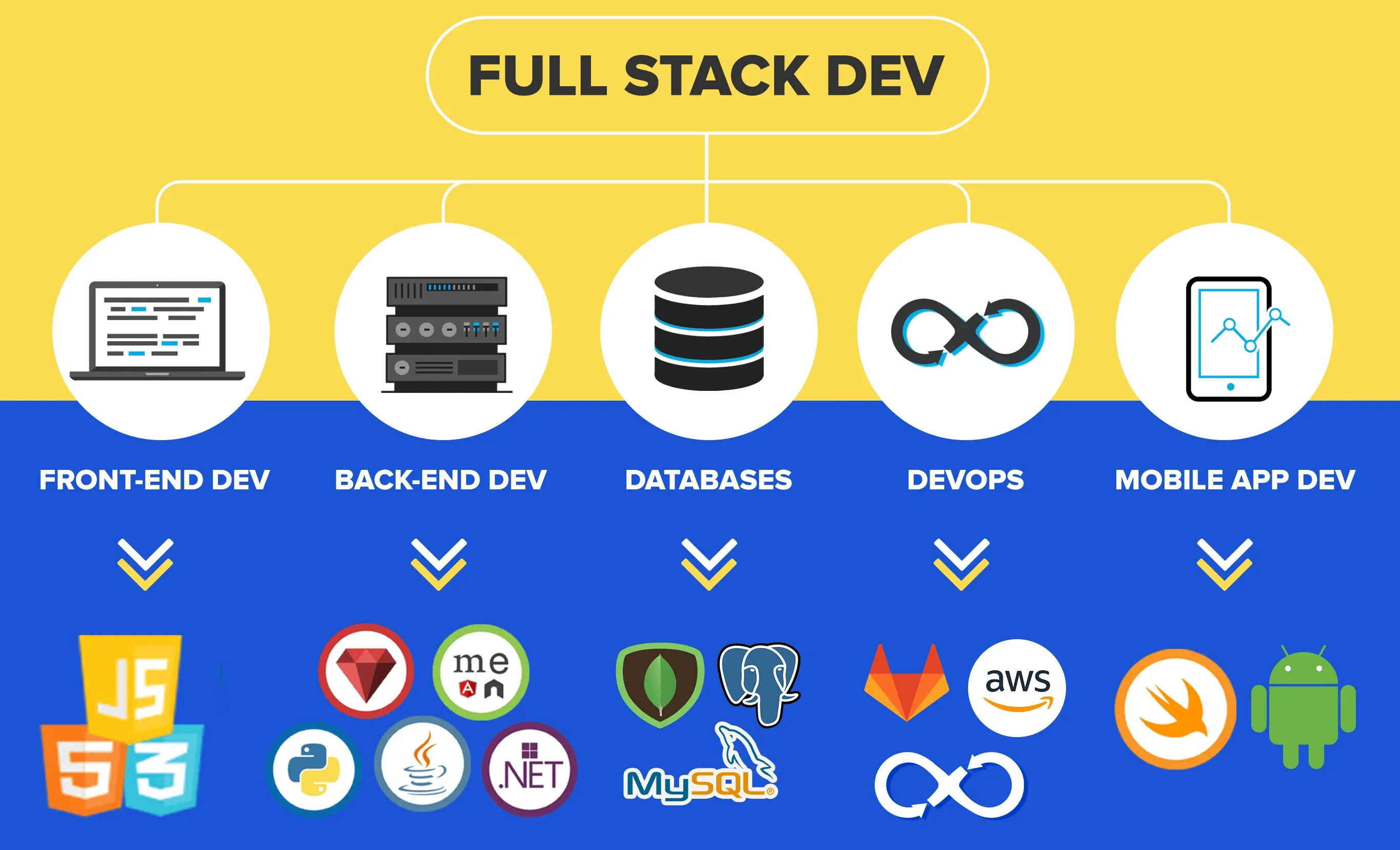
We know hiring processes can be confusing. So if you’re unsure where to start, just follow these steps:
Step 1: Understand Your Requirements
You should know what type of full-stack developer you need for the role. When hiring someone for the first time, you must identify the essential skills required for your projects. Make sure the new developer has a stronger skill set if you are replacing an existing one.
Step #2: Have A Clear Job Description
A job description tells potential full-stack programmers about all the details of the job and what they are expected of. State the roles and responsibilities with as much clarity as possible. Add a proper job title since that will be the first thing the candidates will look at. Job location, benefits, and required qualifications and certifications should also be included.
Step #3: Expand Your Reach
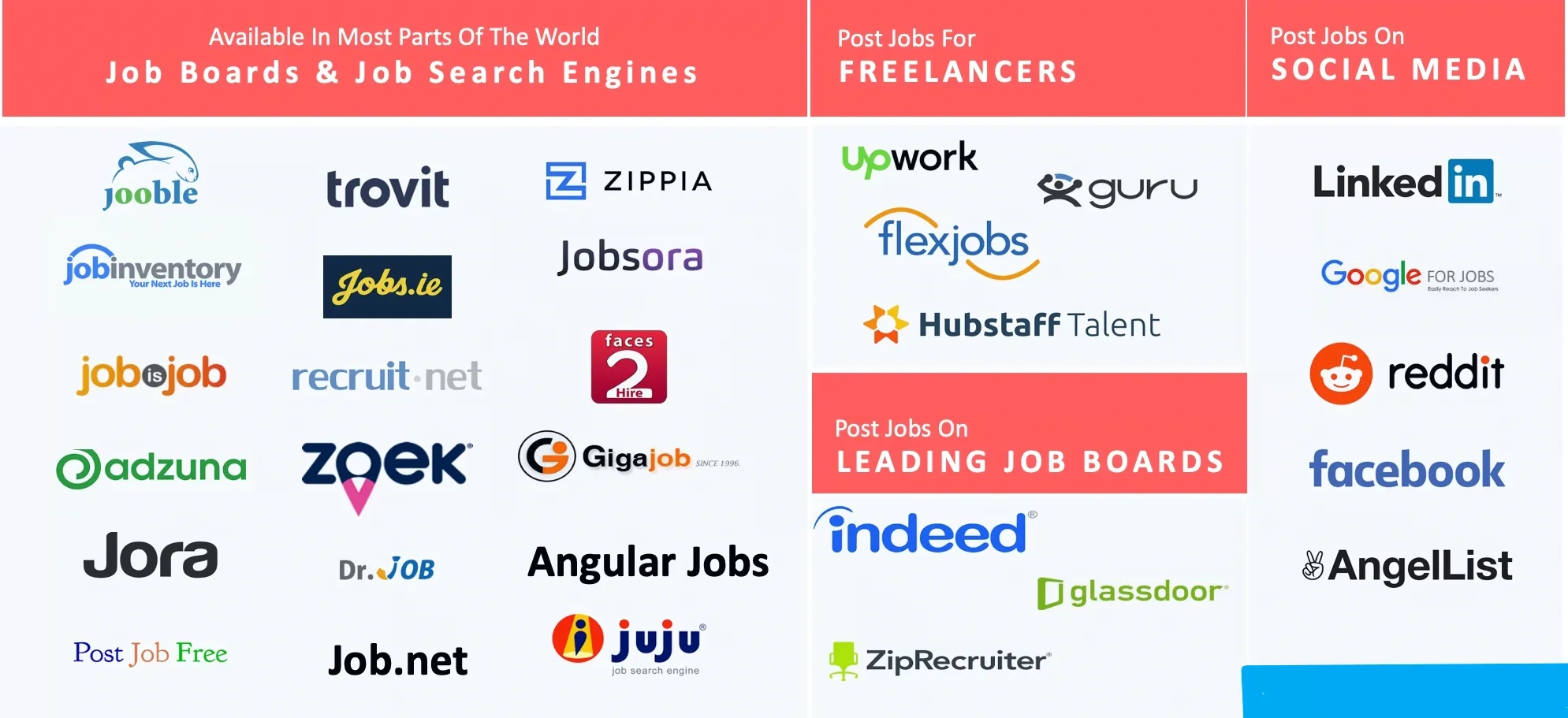
Leverage technology to expand the reach of your job posting. Not only will it get more people to apply for the job but will also make finding the right candidate easier for you. Advertise on the right job portals and professional networking sites. Employee referrals and posting on the company’s social media handles are other great ways to find the right candidates.
Step #4: Screen Applications
Be prepared to receive a ton of applications, but you cannot interview all the applicants. So you have to screen the best candidates through their portfolios and resume. Evaluate the CVs based on the requirements that you laid out in your job post. Invite those who have the right experience, skills, and qualifications.
Step #5: Prepare Great Interview Questions
The best way to go about it is to ask the development team lead. Prepare questions based on their feedback. And as always, you can take the help of Google. Make sure the questions you include aren’t leading. You can learn more about a person's behavior and attitude by asking open-ended and result-oriented questions instead. When you're preparing to interview a full-stack developer, you may want to inquire about Amazon online assessment questions. These questions can provide valuable insights and more effective solutions.
Step #6: Shortlist Best Interviewees
Prepare a list of the interviewees you think have performed best in the interview. List the people at the top who have generally responded to your questions correctly. Once shortlisted, evaluate all of them again and discuss each candidate with the other members of the panel. Don’t forget to include the line managers and team leads in this brainstorming session. Prepare a final list of the best matches.
Step #7: Call For The Second Interview
Second interviews are always great. They will help you clear out any confusion about a candidate or clarify the points that went unanswered during the first round. You can also reevaluate if the candidate can easily fit into the company culture and has what it takes to perform the job successfully.
Step #8: Make An Offer
Always make the first offer over the phone. Start by telling them why they are the right candidate for the company and which particular skill set made you pick them. Make the offer in a convincing tone and let them know why you believe it to be the finest one.
Always be prepared for making a counteroffer. Once everything is sorted out, give a callback to invite them and meet them in person for the signing of the official offer letter and other documentation.
Now that you are familiar with the hiring process, let's look at the questions that will make the hiring process easier.
21+ Questions To Ask When Hiring A Full-stack Developer
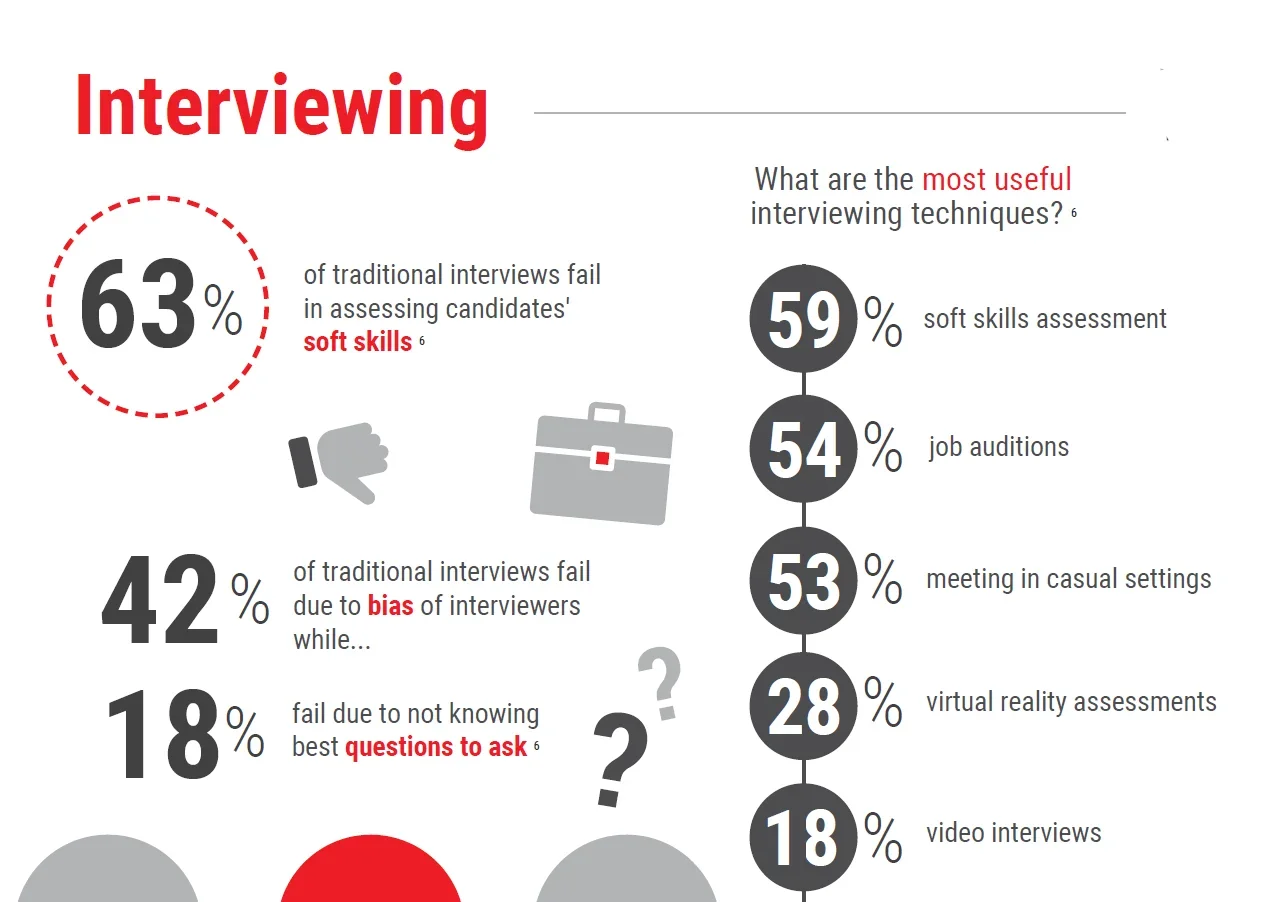
Here are the 21+ questions you should ask when hiring the best candidate.
Q1. Which Language Stack Are You Proficient At?
This is a very important question since full-stack developers work with multiple programming languages. This question will help you identify the candidate's interest in the development. A candidate who has expertise in only language might not be the right fit. Your ideal applicant should know different languages like CSS, HTML, and Python so they can handle both client-side and server-side tasks.
Q2. How Do You Stay Updated About New Industry Trends?
Technology is ever-evolving and the person who is willing to be a part of your organization must have a knack for staying updated with the latest news about the industry. This question will help you know how deeply the application is involved in technology. A few of the expected answers could be attending community meetups, webinars, tech forums, and articles.
Q3. What Is The Most Recent Update In X Language?
Use this question to verify the authenticity of the information you have received from the previous answer. If the candidate has been honest with their last answer, they will be confident to discuss the recent happenings in the tech industry.
Of course, you can’t expect exact word-to-word information from the applicant. But as an interviewer, you must ensure that the person has been keeping himself updated with the latest developments.
Q4. What Are The Attributes A Full-Stack Developer Must Have?
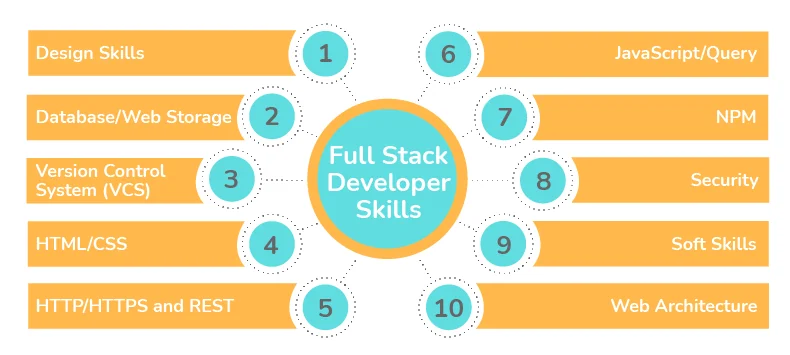
This is one of the best full-stack developer interview questions to judge the person’s competency in his own words. An expert developer will usually talk about the qualities they possess within themselves.
For example, if the person prioritizes the understanding of Node.js and PHP, it means they already know how to do the job through these technologies. Giving importance to coordination skills when working in a team will help you recognize their attitude and behavior towards teamwork.
Q5. Which Languages And Technologies Would You Require To Build A Project From Scratch?
This question will help you gauge the candidate’s technical readiness. Through this, you can easily differentiate between an experienced full-stack web developer and a non-specialist.
Make sure you don’t fall for answers like “HTML” or “CSS” because we all know that those are basics. Determine how the candidate visualizes and approaches the whole development process from start to end.
Q6. Which DBMS Have You Worked With?
There are two types of database management systems (DBMS) - on-premises and cloud-based. Knowing what kind of DBMS the candidate is familiar with is essential for the successful completion of any project.
For example, MongoDB is a non-relational cloud-based database. And MySQL is a relational on-premises database. So, an experienced full-stack developer should be able to work on both types of DBMS.
Q7. What Is Pair-Programming? Do You Have Any Experience With It?
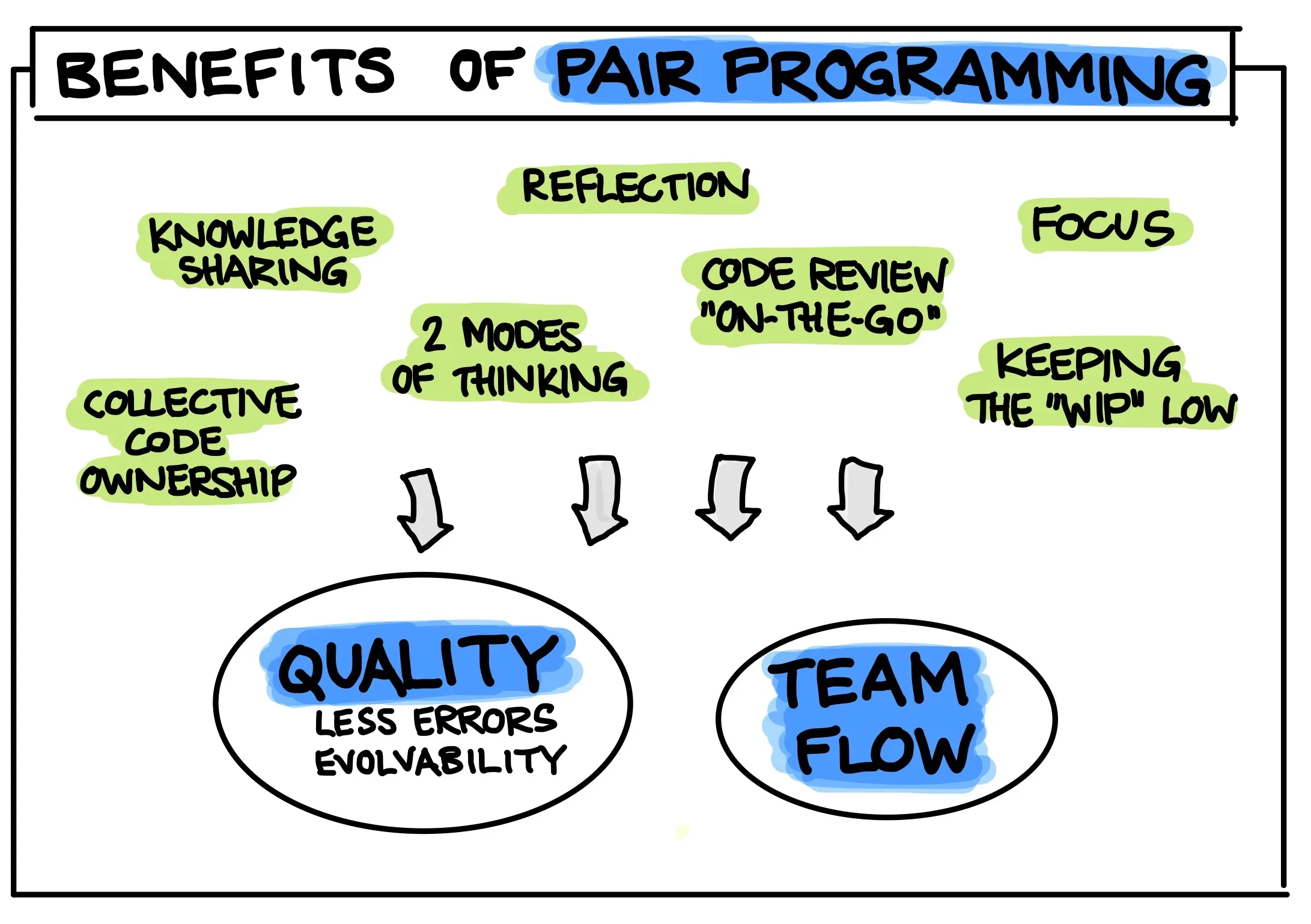
Pair programming is one of the best examples of core features of high-end programming. It's a practice where two developers work together on the same code and computer. The programmer who types the code is referred to as the “driver,” and the other is known as the “navigator,” whose job is to review codes.
Pair programming assures efficiency and fewer human errors in web application development.
So ask the person if they have done pair programming before. Inquire if they are good at navigation or coding. Technically, the applicant must be comfortable with both roles.
Q8. What Is Long Polling?
Long polling is a vital web development method to retrieve updated asynchronous data from servers. However, it has several other benefits in the world of programming like parsing HTTP headers, implementing lexical closure, and cleaning up codes. So asking this question will help you determine if the candidate is aware of this technique.
Q9. What Is Multi-Threading?
A full-stack developer must know about multi-threading. Its primary purpose is to improve the application’s performance. While many applicants claim that they understand this process, most will fail at the job.
So to dig deeper, ask the candidate:
- How to bridge a web browser with a JavaScript engine?
- How can they connect and communicate one operating system to another?
- How to integrate and communicate a programming language with OpenGL and other C++ kits?
Q10. What Is The Primary Difference Between REST And GraphQL?
This can be rather a tricky question. But an excellent full-stack web developer can answer effortlessly since the entire communication between two or more applications has a major dependency on this concept.
It signals that a candidate understands the basics of programming if they explain to you that the main difference between GraphQL and REST is that the former is a query language and the latter is a network-based architectural concept.
Q11. What Does CORS Means And Why Do You Think It Can Help You With Projects?
Cross-Origin Resource Sharing (CORS) is a browser security mechanism allowing controlled access to web resources on different domains. And most importantly, this process limits cross-origin HTTP requests.
This question aims to know whether or not the full-stack developer can enable CORS support when website RESTful API resources encounter HTTP requests. If they understand CORS, they can initiate secure data transfers and cross-origin requests between servers and browsers.
Q12. How Would You Explain Continuous Integration?
Continuous Integration is a method of using specially designed codes for automated testing. So when you hit this question, ensure the candidate answers the right concept. Through this, you can hire someone who can deploy codes several times during the development and automatically detect and locate errors made while writing the programming language.
Q13. Do You Know About Design Patterns?
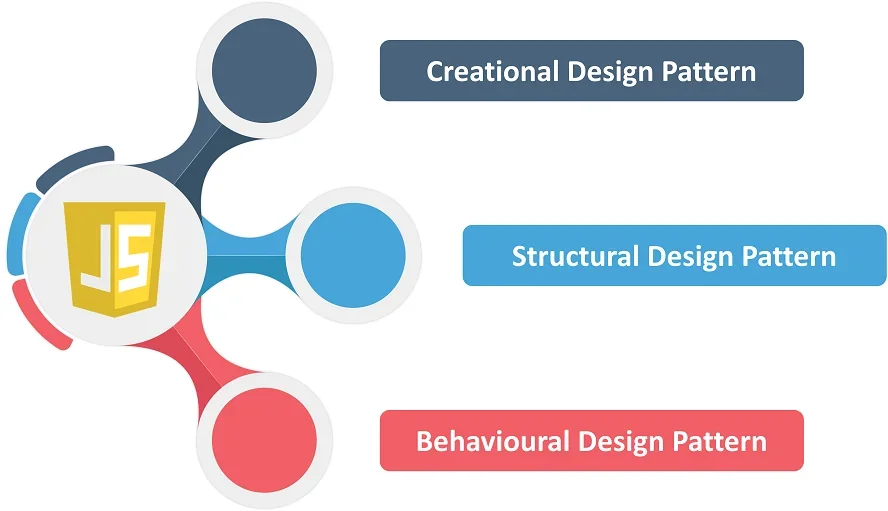
Programmers can write speedy and clean codes through design patterns by applying reusable solutions to rectify common problems.
So with the help of this question, you can find out if the candidate knows repeatable fixes for solving errors during software development. And most importantly, onboarding an individual who is aware of these patterns will make internal communication effective with valuable outcomes.
Q14. What Is Inversion Of Control?
This question is an extension of the previous one. You should ask about inversion of control to check the candidate’s advanced knowledge of design patterns. An individual needs to know about this design principle because it will help them figure out if the developed application is easily pluggable, testable, and usable.
Q15. What Are Common Ways To Lower The Load Time Of A Web Application?
There are many ways to reduce the web application’s load time. But since some of them are time-consuming, the candidate must know the quick ways, such as:
- Image optimization
- Lessening redirects
- Resource minification
- Minimizing HTTP requests
- Turning on browser caching
When the full-stack developer chooses fast and easy techniques to reduce the load time, it will eventually save your organization’s operational costs.
Q16. Share Your Experience When You Found Inefficient Code Written By Your Colleague. What Did You Do?
This is an interesting question that you must ask. You can determine whether the applicant is a true team player and learn what quality standards they set for themselves.
Not only can you analyze the troubleshooting skills, but the potential responses they'll exhibit after learning of others' errors can also tell a lot about their personality. If they are way too self-admiring, their way of correction leads to resentment or indignation. It means they are overconfident and reluctant to follow the rules.
Q17. What Is The Best Debugging You Have Done So Far?
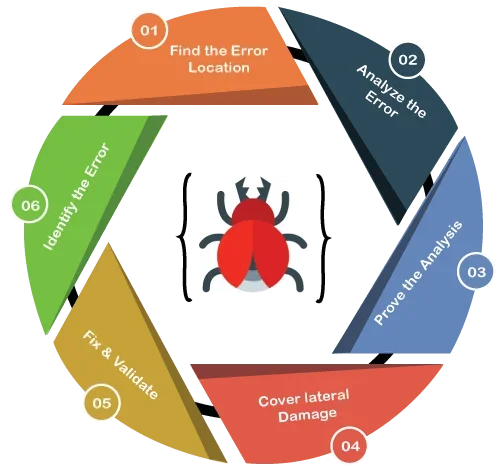
The purpose of this question is to evaluate the problem-solving skills and let the applicant openly discuss the issues they have faced during application development and the methods they used to debug them.
Dig deeper by asking them if they know how to isolate the bugged source and identify the cause of the bug. Inquire about the best debugging practices they would choose, apply and test.
This is a great question to know the style and complexity of the projects the candidate has done in the past and judge if the person can overcome challenges.
Q18. Do You Enjoy Code Management Or Execution?
This question will allow the candidate to speak their heart out and you will know their future plans through the answer. It will make it easier for you to assess whether they are happy sticking long enough to the technical role you are offering or if they would seek other DevOps opportunities soon after.
Q19. Tell Us More About The Project You’ve Recently Completed And The Technologies You Used
The purpose of this question is to know the developer’s methodology and the answer will help you recognize the applicant’s judgment capabilities and accuracy in selecting the right tech stack and correct parameters. Moreover, you will also understand if the person has a balanced experience in both front-end and back-end development.
Q20. What Is The Most Challenging Project You’ve Done So Far?
You can learn more about someone's project management skills, how they handle obstacles, and how they approach and make decisions in response to unexpected problems by asking them this question.
Examine their responses to see whether they are presenting a solution that would usually be commonplace for others as a difficult challenge for themselves. Such a candidate might not be the right fit.
Q21. Tell Us About Your Biggest Mistake And What Did You Do To Correct It?
Even gurus make mistakes, so don’t look for perfection. The candidate is not being honest with you if they claim they have never made a mistake in their full-stack development career. Focus more on the solution when listening to their response because that will reveal even more about how well they can solve problems related to both back-end and front-end development.
Q22. What Are You Coding These Days?
If you don’t want to hire an occasional programmer, make sure to include this full-stack developer interview question in your list. Why so? Because the person who loves programming and technology will always stay in the coding environment, whether doing it for a company or personal interest.
So pay attention to those who code eagerly because they turn out to be the best assets for your business.
Conclusion
Conducting a job interview is an art and you have to plan it properly to get optimum results. You must follow the correct path for hiring candidates by sharing your requirements and advertising on the right channels.
The above 22 full-stack developer interview questions and answers can help you find the right person for the position and analyze the candidates' true potential. You can also see their grip on the latest web services and technologies and their experience in developing Android and iOS apps and web applications by asking these questions.
If you have difficulty hiring a full-stack developer, we at Aloa have got the solution. You can visit our website or reach out to us at [email protected] and we will take care of all your hiring problems by providing top-quality full-stack developers for project development and scalability.

